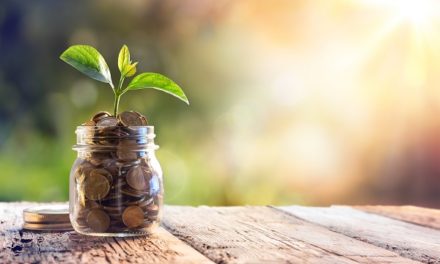
“Someone’s sitting in the shade today because someone planted a tree a long time ago.”
— Warren Buffett
The above quote from Warren Buffett is timeless, and brings into focus the choice about time horizon that any investor should think about before buying a stock they are considering. Behind every stock is an actual business; what will that business look like over a twenty year period?
Today, let’s look backwards in time to 2001, and take a look at what happened to investors who asked that very question about Rockwell Automation, Inc. (NYSE: ROK), by taking a look at the investment outcome over a twenty year holding period.
| Start date: | 01/16/2001 |
|
|||
| End date: | 01/12/2021 | ||||
| Start price/share: | $46.94 | ||||
| End price/share: | $265.47 | ||||
| Starting shares: | 213.05 | ||||
| Ending shares: | 869.39 | ||||
| Dividends reinvested/share: | $60.63 | ||||
| Total return: | 2,207.98% | ||||
| Average annual return: | 16.99% | ||||
| Starting investment: | $10,000.00 | ||||
| Ending investment: | $230,760.53 | ||||
The above analysis shows the twenty year investment result worked out exceptionally well, with an annualized rate of return of 16.99%. This would have turned a $10K investment made 20 years ago into $230,760.53 today (as of 01/12/2021). On a total return basis, that’s a result of 2,207.98% (something to think about: how might ROK shares perform over the next 20 years?). [These numbers were computed with the Dividend Channel DRIP Returns Calculator.]
Notice that Rockwell Automation, Inc. paid investors a total of $60.63/share in dividends over the 20 holding period, marking a second component of the total return beyond share price change alone. Much like watering a tree, reinvesting dividends can help an investment to grow over time — for the above calculations we assume dividend reinvestment (and for this exercise the closing price on ex-date is used for the reinvestment of a given dividend).
Based upon the most recent annualized dividend rate of 4.28/share, we calculate that ROK has a current yield of approximately 1.61%. Another interesting datapoint we can examine is ‘yield on cost’ — in other words, we can express the current annualized dividend of 4.28 against the original $46.94/share purchase price. This works out to a yield on cost of 3.43%.
One more piece of investment wisdom to leave you with:
“There’s a virtuous cycle when people have to defend challenges to their ideas. Any gaps in thinking or analysis become clear pretty quickly when smart people ask good, logical questions.” — Joel Greenblatt



